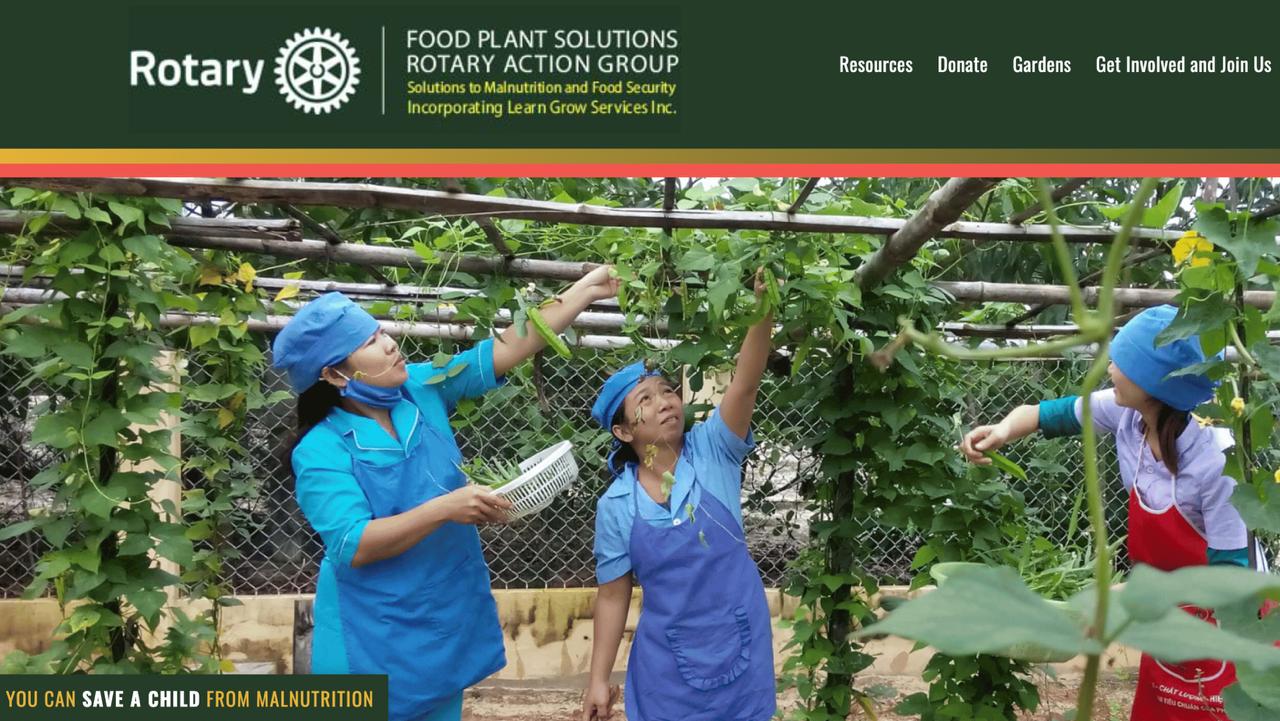by Rob Sisson, ESRAG Great Britain & Ireland Chapter
Climate change isn’t just an abstract concept or distant threat—it’s impacting our daily lives, including our favorite foods. Climate Basecamp, a new science communication initiative, is raising awareness with its “Save the Flavors” campaign.
Raising Awareness Through Food:
This campaign uses the universal love of food to highlight how climate change threatens many cherished flavors. During Climate Week NYC 2023, Climate Basecamp distributed free ice cream in Union Square Park to show how ingredients like chocolate, vanilla, and coffee are at risk due to climate change.
Why Flavors Are at Risk:
Popular foods are threatened by rising temperatures, altered growing seasons, droughts, and increased pests. Cocoa plants, vital for chocolate, are highly sensitive to climate variations. Vanilla, grown from a subtropical orchid, faces similar risks. These changes have real implications for the availability and cost of these products.
A Cultural Approach to Climate Science:
Climate Basecamp integrates climate science into cultural contexts, making it accessible and relevant. Rotary Clubs can adopt this approach too. Using food as a touchpoint, the campaign targets the “moveable middle”—those open to learning but not yet fully engaged in climate activism.
What Would You Do Without Wheat, Rice, or Potatoes?
Climate Basecamp goes beyond ice cream, highlighting how essential crops like wheat, rice, potatoes, corn, and soy are at risk. Losing these staples due to climate change would have far-reaching effects on food supply and prices.
Might it be worth discussing these risks with your friends, perhaps over ice cream, and how these flavors might vanish if we don’t act?
Do as Rotary Does – Take Action!
Rotarians, Rotaractors, and Interactors play a crucial role in promoting food security and sustainability in light of climate change. Below are some ways Rotarians can get involved, but first, let’s explore some systemic solutions.

Climate Basecamp: Save The Flavours
Food for Thought from the Food Plant Solutions Rotary Action Group:
I consulted with Karalyn Hingston, Executive Officer of Food Plant Solutions, and Rotaractor Ashlyn Anderson, a Rotary Grant Scholar in Nutrition for Global Health, to learn about the connections between climate change and agricultural systems. Here’s what they shared:
According to the FAO, wheat, maize (corn) and rice make up 60% of the world’s energy intake. Because we want to grow so much of these plants, we clear other areas and damage other habitats. This contributes to the endangered plants list, and is something that desperately needs to change.
Depending on where and how these plants are grown, they can use huge amounts of resources (chemicals, fertilisers and water), with negative impacts on the environment and biodiversity. Often there are much better local plant options that will not only grow with minimal inputs but are far more nutritious.
Local food plants, better suited to their environments, require fewer resources and are more resilient. Promoting their growth not only helps the planet but also provides more nutritious food options.
Here are Some Projects Rotary Clubs Can Do to Promote Climate-Smart Food Solutions:
- Support Local Farmers: Encourage local farmers to grow crops suited to their climate, reducing dependence on chemicals and artificial processes. One day a week of buying and eating local is a great start!
- Food Security Projects: The Food Plant Solutions Rotary Action Group offers educational resources on sustainable, nutritious local plants. Clubs can support by creating community gardens, linking with existing projects, or conducting educational workshops.
- Educational Workshops and Events: Host events or workshops to educate the community on the impact of climate change on food supplies. For instance, organize a dinner or potluck where participants avoid using endangered foodstuffs like chocolate or vanilla. Instead, use only local food plants—get creative! Such a dinner can spark discussions about sustainable alternatives and climate action.
- Advocacy and Policy Support: Advocate for policies that address climate change and promote sustainable agricultural practices. Collaborate with local and national governments to implement evidence-based programs that enhance food security and environmental sustainability. If you’re based in the U.S., consider joining the Citizens Climate Lobby to get involved.
- Support Local Agriculture: Promote local food security by creating initiatives like the Dryden Rotary Club’s Locavore Box, which provides fresh, local produce to the community. This supports local farmers and reduces carbon footprints from long-distance food transportation. Dryden Rotary also conducts several environmental projects in Ontario, Canada.
- Implement Water Conservation Projects: Engage in projects that improve water management and support sustainable farming. Rotary’s water conservation programs in India have successfully increased groundwater levels and improved irrigation, benefiting thousands of farmers.
- Develop Community Gardens: Establish community gardens and provide education so that people can make informed choices about what to feed themselves and their families. Partner with organizations like the Food Plant Solutions Rotary Action Group to grow nutritious, climate-resilient crops.
By connecting climate change to everyday pleasures like food, Rotary members can foster deeper understanding and encourage more community involvement in climate action. For more information on how to get involved, visit the Climate Basecamp website or contact your local Rotary club.
While we can “vote with our fork” to drive change, we must also push for systemic, policy-level food system reforms. Consider advocating for government support for regionally specific, nutritious crops. Every action, from local to global, counts—let’s keep driving change, bite by bite!
Rob Sisson is a member of Tyneside Rotaract Club in District 1030, Great Britain, and was one of 12 Rotaractors who represented Rotary International at COP 28 in 2023. He advises companies on climate risk and sustainability, blending business strategy with impactful environmental solutions.

